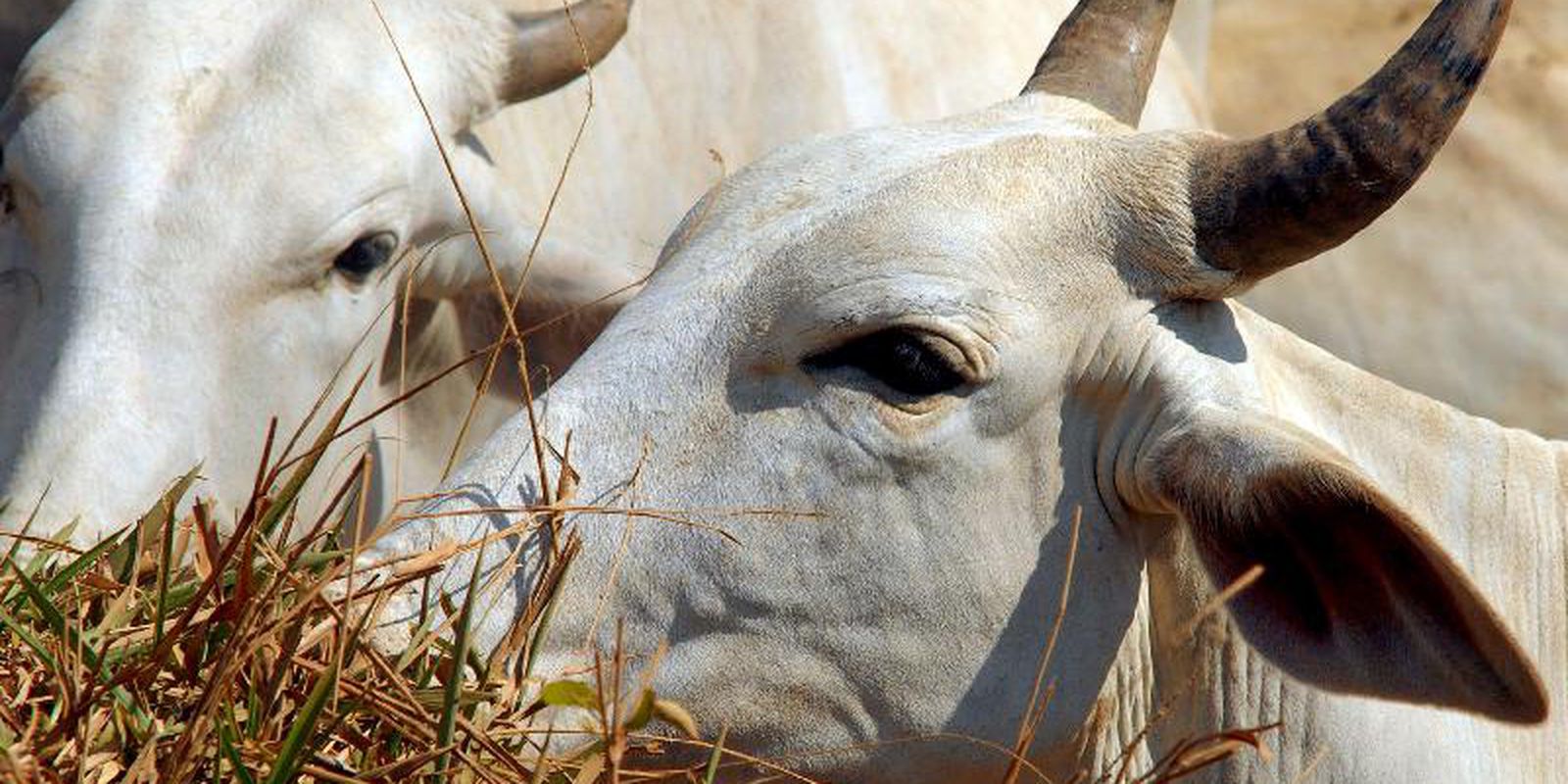The Ministry of Agriculture informed this afternoon (20) that it is investigating a suspected case of mad cow in Brazil. The folder did not inform the location, but the Brazil Agency found that the suspicion concerns an elderly animal that died in a pasture in Pará.
“Regarding the suspected case of Bovine Spongiform Encephalopathy (“Mad Cow” disease), all measures are being adopted by governments. The suspicion has already been submitted to laboratory analysis for confirmation or not and, based on the result, the appropriate actions will be applied immediately”, said the ministry in a statement.
Death on pasture increases the chances that the alleged case of mad cow originated “atypically”, spontaneously in the wild, rather than being transmitted through the ingestion of contaminated animal feed. This, in theory, reduces the chances of imposition of trade barriers.
The last cases of mad cow registered in Brazil occurred in 2021, in Minas Gerais and Mato Grosso. At the time, the cases were also atypical, but the ChinaBrazil’s biggest meat buyer, suspended the purchase of Brazilian beef for three months, from September to December of that year.
Until today, Brazil has not registered classic cases of mad cow, caused by the ingestion of contaminated meat and pieces of bone. Caused by a prion, a protein molecule with no genetic code, mad cow disease is a degenerative disease also called bovine spongiform encephalitis. The modified proteins consume the animal’s brain, making it comparable to a sponge.
In addition to oxen and cows, the disease affects buffaloes, sheep and goats. Ingestion of meat and animal by-products contaminated with prions causes transmissible spongiform encephalopathy in humans. In the late 1990s, there was an outbreak of cases of mad cow disease in humans in Great Britain, which caused the consumption of beef to be suspended in the country for several months. At the time, the disease was transmitted to humans through cattle fed contaminated animal feed.

















